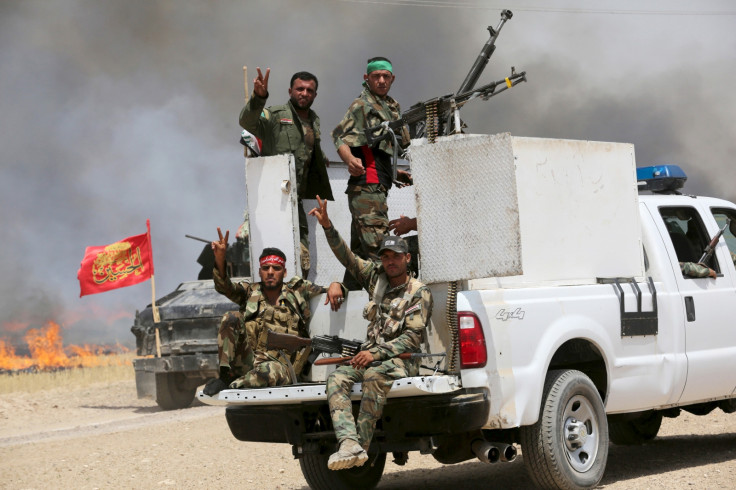IMF agrees $833m loan for Iraq amid Isis conflict and lower oil prices

The International Monetary Fund (IMF) has reached a staff-level agreement to provide an $833m (£543.9m, €744.6m) loan to Iraq to bolster the economy, which is suffering from the conflict with Islamic State (Isis) as well as lower oil prices.
The agreement comes after IMF officials discussed financial assistance to Iraq under the Rapid Financing Instrument (RFI).
Subject to IMF management approval, the agreement is expected to be submitted to the IMF Executive Board for consideration in July.
"The Fund is ready to assist Iraq in its efforts to tackle the economic impact of the conflict with Isis and the decline in global oil prices," said Carlo Sdralevich, who led an IMF mission to Iraq.
"The armed conflict continues to strain the country's resources and has created a humanitarian tragedy, with an estimated three million internally displaced people. The violence has also caused extensive damage to infrastructure and private sector assets."
The economy contracted by 2.1% in 2014, primarily due to the conflict with Isis, and is expected to achieve only a modest recovery of 0.5% in 2015.
With low oil prices, export revenues have contracted, pushing the current account into a deficit expected to reach 8% of GDP in 2015. As a result, foreign assets have declined in 2014 to $67bn and are projected to fall further in 2015, according to the IMF.
The budget deficit is projected to rise from 5% of GDP in 2014 to about 17% of GDP in 2015, primarily due to high conflict-related spending and weak oil revenues.
"We welcome the steps taken by the authorities to address these urgent challenges and support their request for IMF emergency assistance," said Sdralevich.
© Copyright IBTimes 2025. All rights reserved.






















